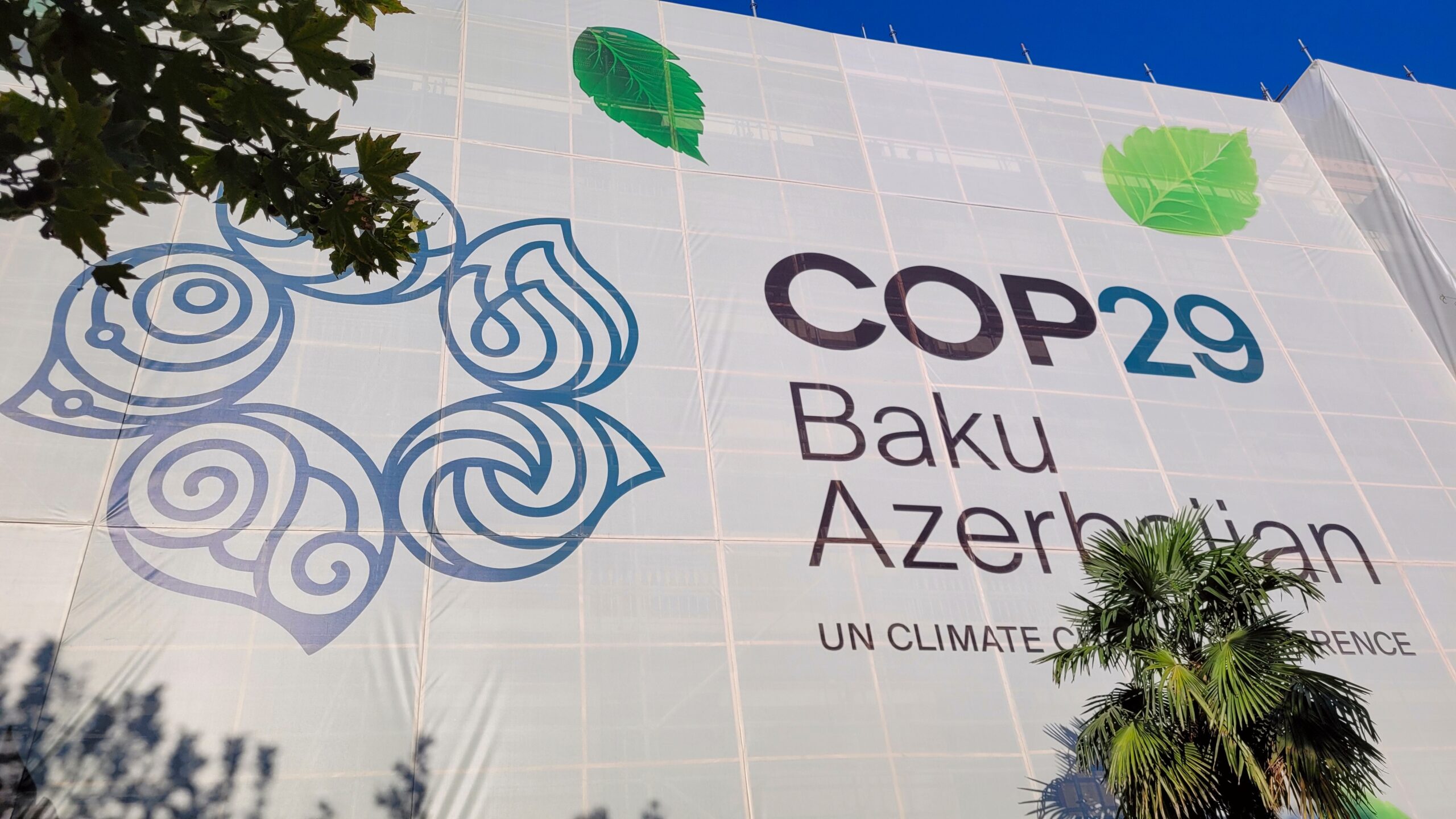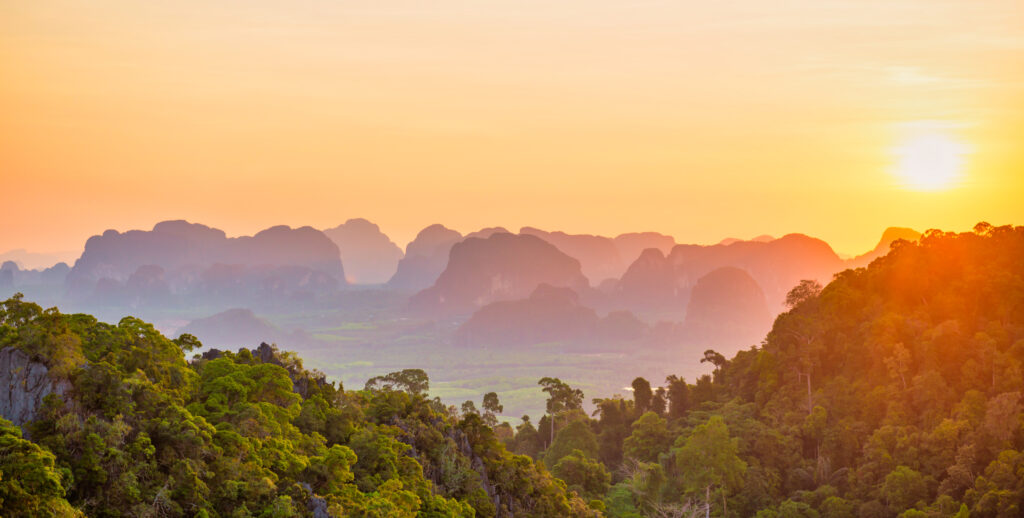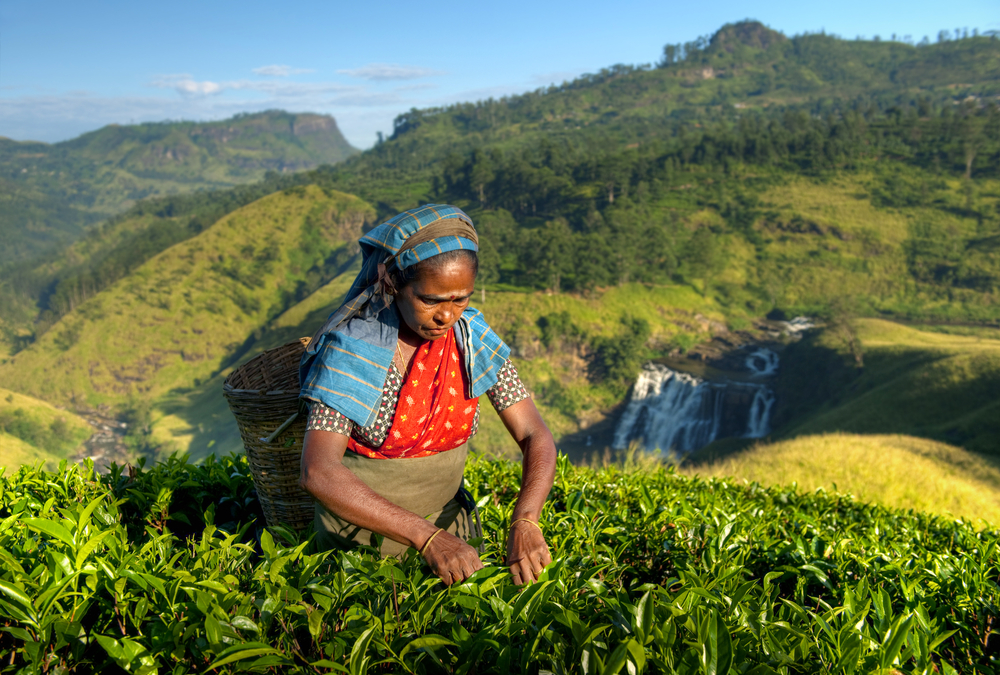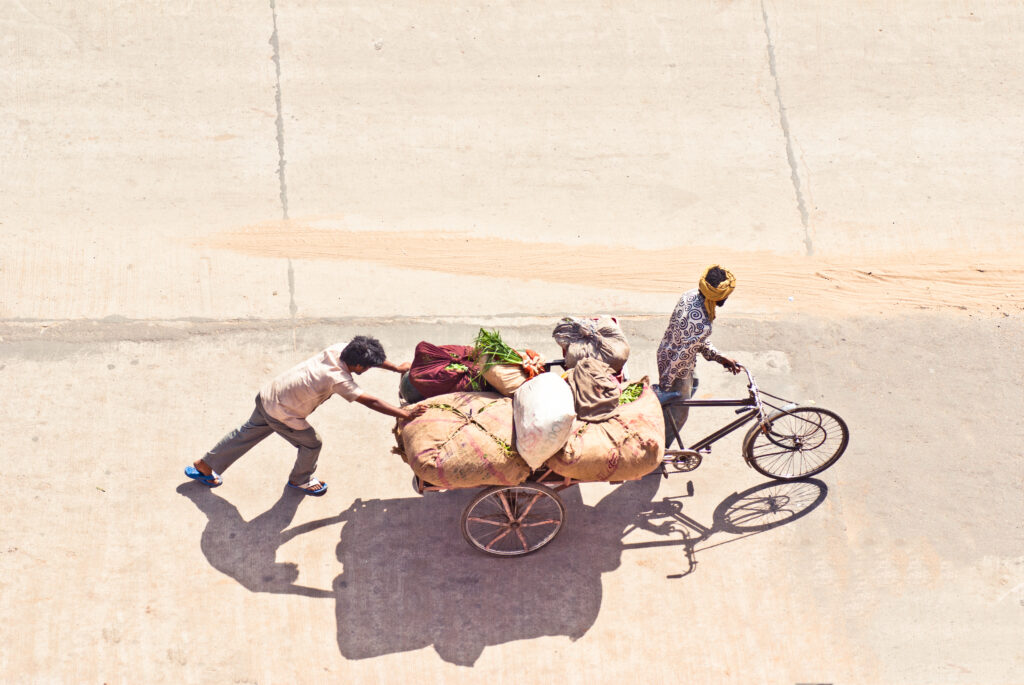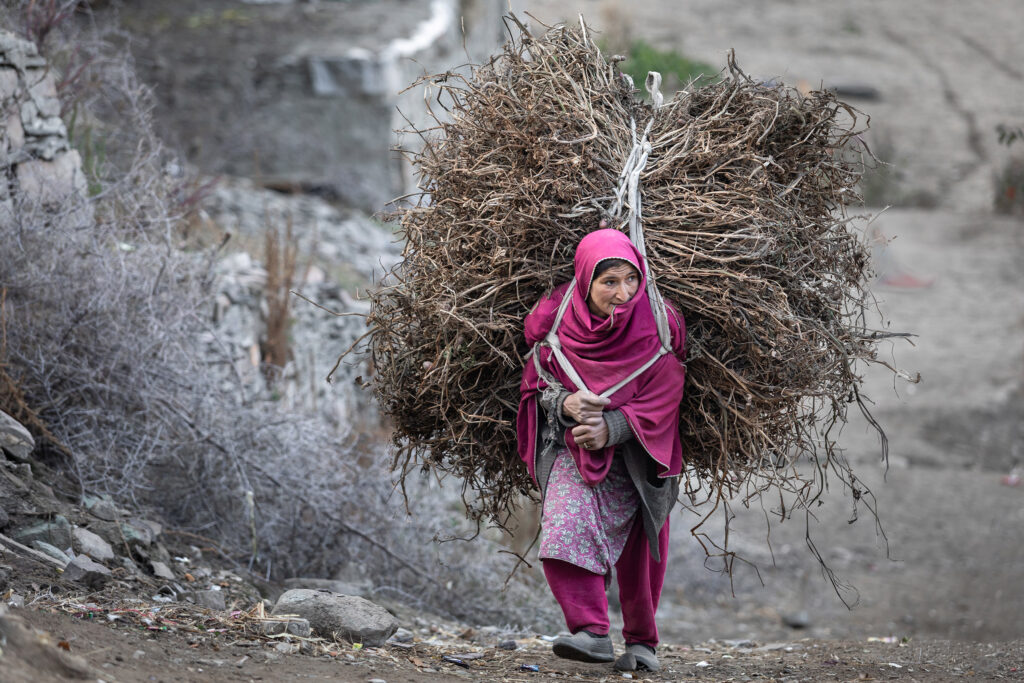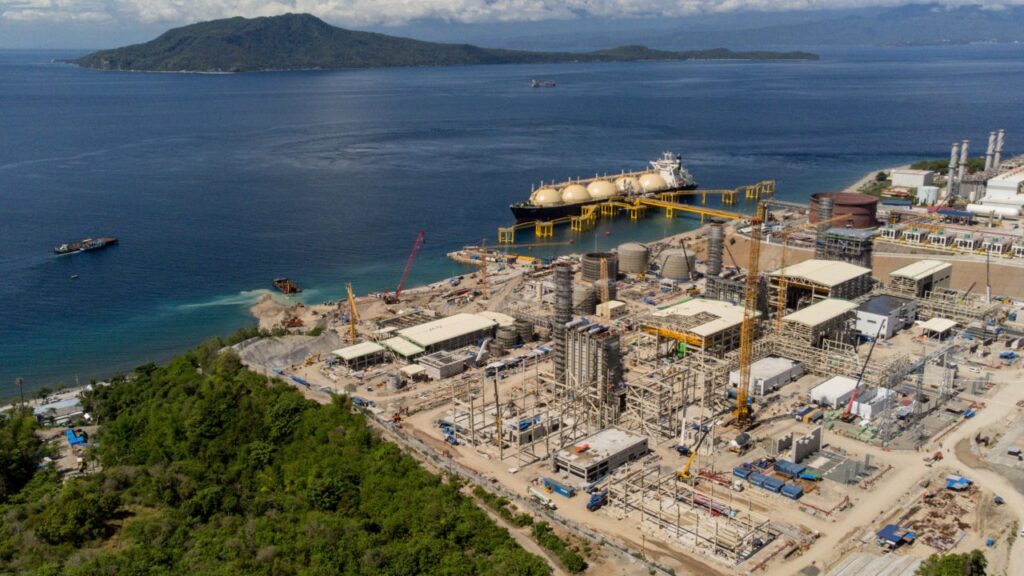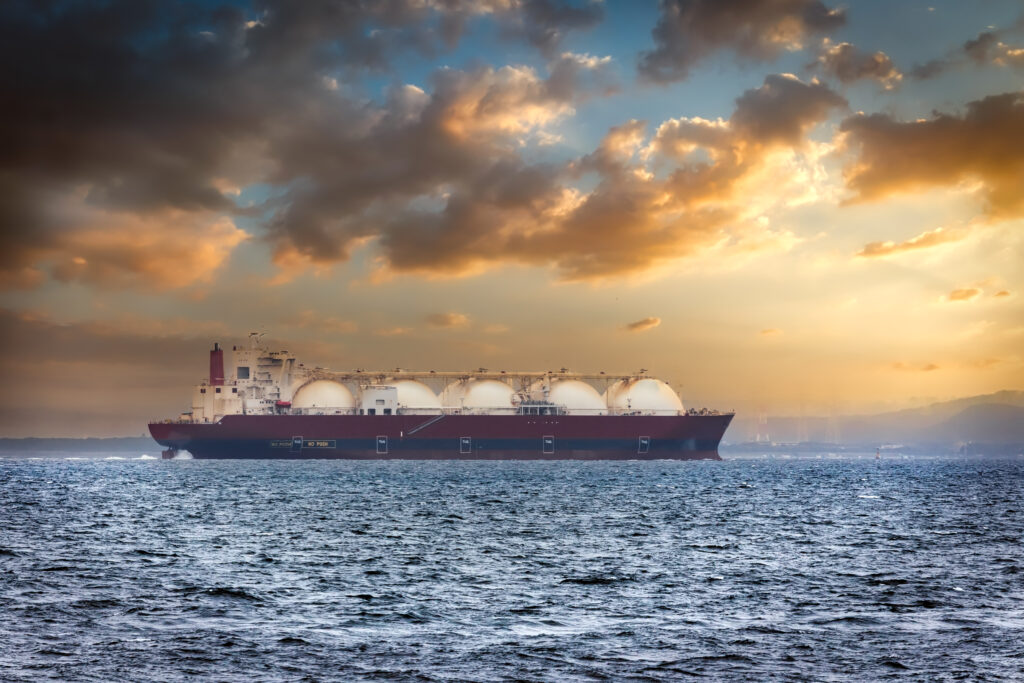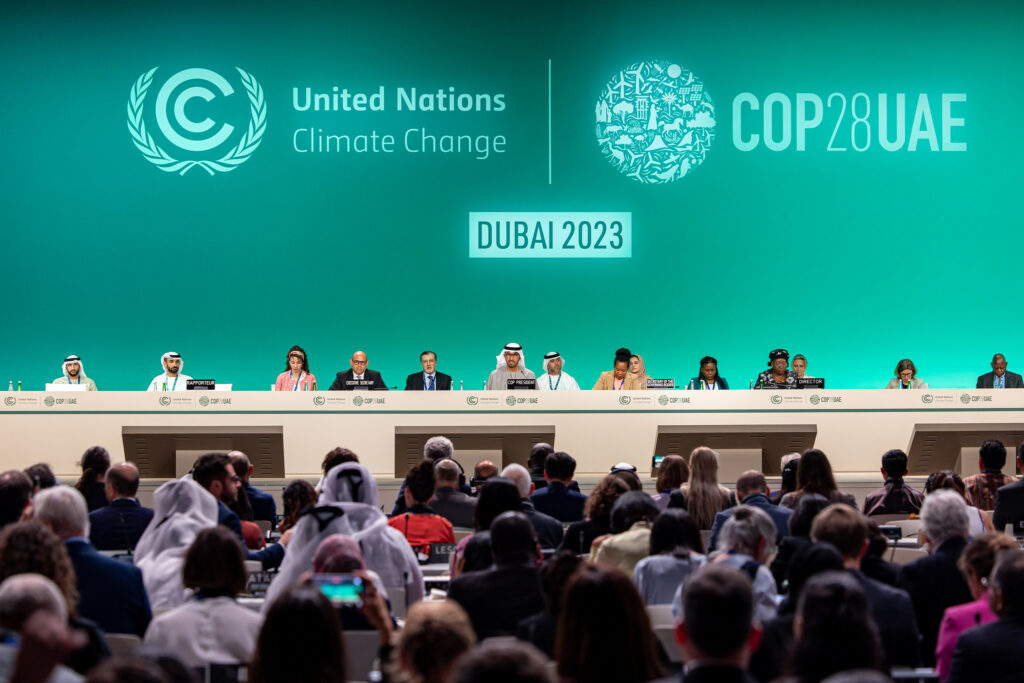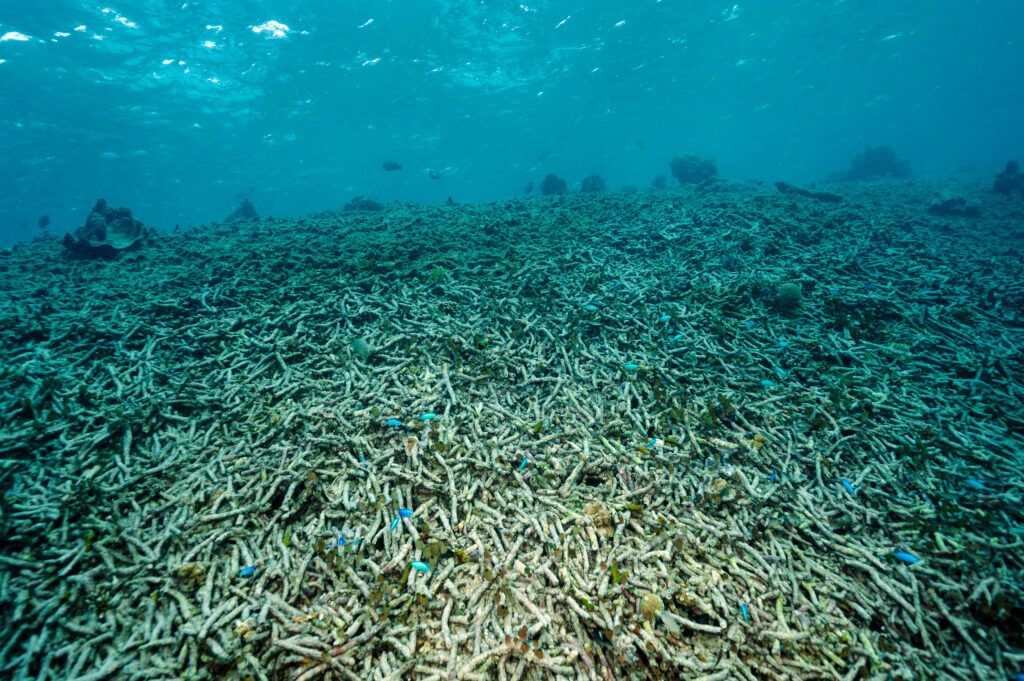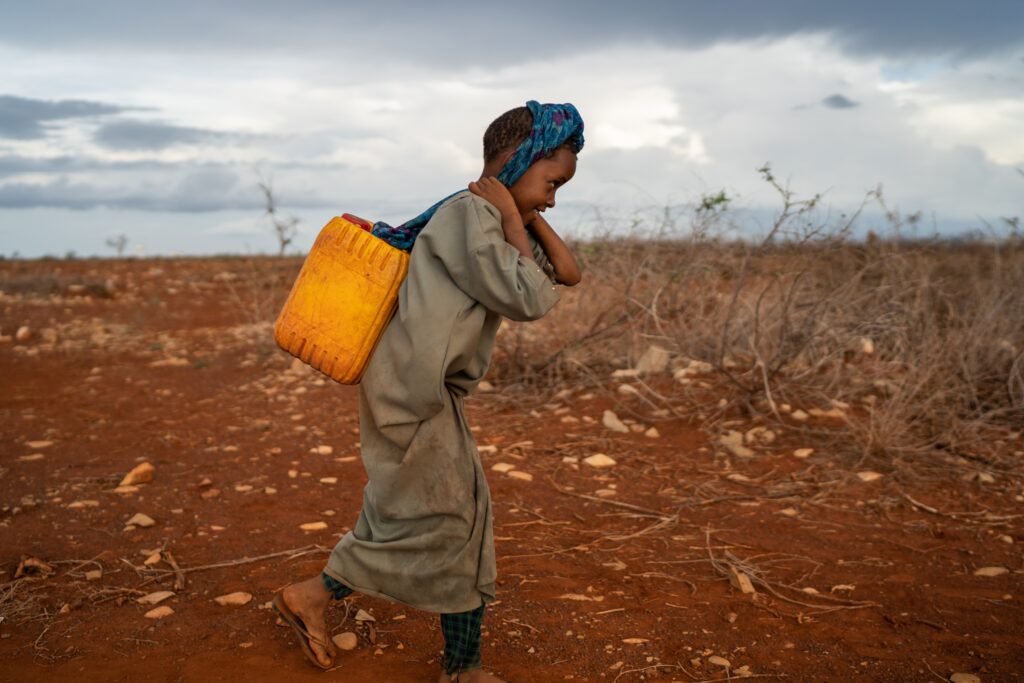COP29 Azerbaijan: UN Climate Change Conference
Decisions made at COP29 Azerbaijan must recognise that climate action is fundamental to human security. The United Nations Framework Convention on Climate Change COP29 Summit will take place in Baku, Azerbaijan, in November 2024. Ahead of international climate negotiations in Baku, a group of leading climate scientists have warned that we are on the “brink of an irreversible climate disaster” that imperils life on Earth. Many of Earth’s vital signs have hit record extremes, and more and more scientists are now looking into the possibility of societal collapse, The 2024 State of the Climate Report states. “Climate change has already displaced millions of people, with the potential to displace hundreds of millions or even billions more, leading to greater geopolitical instability,” it states.
Countless reports have stressed the grave dangers of global warming and inaction. The latest Global Risks Report revealed that environmental dangers are among the most severe risks humanity faces over the coming years, and we risk meeting the “point of no return”. Yet, greenhouse gas emissions continue to rise and climate impacts continue to spiral. Record-breaking heat and unrelenting disasters are driving intense human suffering for billions with no end in sight.
“Since the publication of our 2023 report, multiple climate-related disasters have taken place, including a series of heatwaves across Asia that have killed more than 1,000 people and led to temperatures reaching 122°F [50°C] Fahrenheit in parts of India,” said State of the Climate Report co-author Professor William Ripple. “We’re already in the midst of abrupt climate upheaval, which jeopardises the life on Earth like nothing humans have ever seen.”
No Escape from the Climate Crisis
Nowhere on Earth is safe from climate impacts. Wealthier nations are responsible for most historical warming, and while they have more resources to cope, they are not exempt from devastating effects. Unprecedented weather extremes are damaging farmland, infrastructure and industries, causing rising food prices and making homes uninsurable.
For those in the most climate-vulnerable countries, often lower in income, the stakes are even higher. These nations, often least responsible for the crisis and with the fewest resources, face increasingly violent climate extremes, rising sea levels and food and water shortages. The future could see millions displaced and entire countries lost to rising waters.
Despite these mounting risks, global climate leaders are not acting with the urgency required. Fossil fuel investments remain staggeringly high, with financial flows continuing into industries that exacerbate the crisis. Citizens are taking legal action against governments for failing to act. Meanwhile, the world moves closer to irreversible tipping points in vital planetary systems and a future filled with unrelenting disasters.
Positive Tipping Points
This future is not yet written, and there is still time to change course. Professor Tim Lenton, co-author of the State of the Climate report, explained that positive change can accelerate if governments, businesses and consumers act together to “trigger positive tipping points” in our behaviours and technologies. The professor says that this will make clean alternatives spread faster and become more attractive to adopt, emphasising that this must be a collective global priority.
“We have left it so late now that it’s only through triggering such positive tipping points that we can avoid climate disaster,” said Professor Lenton. “Humanity’s future depends on creativity, moral fibre and perseverance. If future generations are to inherit the world they deserve, decisive action is needed, and fast.”
COP29 Climate Action: Time for Leaders to Lead
The solutions to this grave crisis are deeply complex — yet equally straightforward. We must slash greenhouse gas emissions, stabilize greenhouse gas concentrations and regenerate nature quickly using every tool available. COP29 2024 is a pivotal moment to accelerate meaningful change with genuine climate action. But, it will require unprecedented cooperation, innovation and political courage.
Vitally, following the summit, actions must meet words. Co-author Christopher Wolf said, “Despite six reports from the International Panel on Climate Change, hundreds of other reports, tens of thousands of scientific papers and 28 annual meetings of the UN’s Conference of the Parties, the world has made very little headway on climate change.”
At COP29, leaders must commit to more than vague pledges. They need to implement concrete policies to phase out fossil fuels, invest heavily in renewable energy and ensure that global emissions peak as soon as possible. Wealthier nations must take the lead in financing climate adaptation and mitigation, fulfilling their promises to support developing countries in bearing the burden of climate change.
Globally, we are entirely unprepared for what lies ahead. Leaders must recognise that delaying action means sacrificing our future. The powerful few are playing with fire, and it is the people who are getting burned.
Evelyn Smail
Writer, United Kingdom
Evelyn is a freelance writer and journalist specialising in climate science and policy, the just energy transition and the human impacts of climate change. She writes for independent publications, NGOs and environmental organisations. Evelyn has a background in sustainable development, climate justice and human rights.
Evelyn is a freelance writer and journalist specialising in climate science and policy, the just energy transition and the human impacts of climate change. She writes for independent publications, NGOs and environmental organisations. Evelyn has a background in sustainable development, climate justice and human rights.

